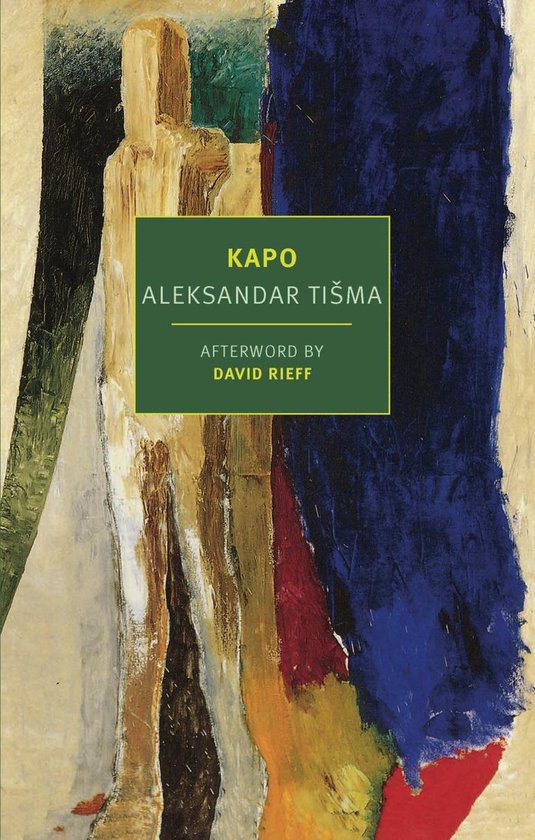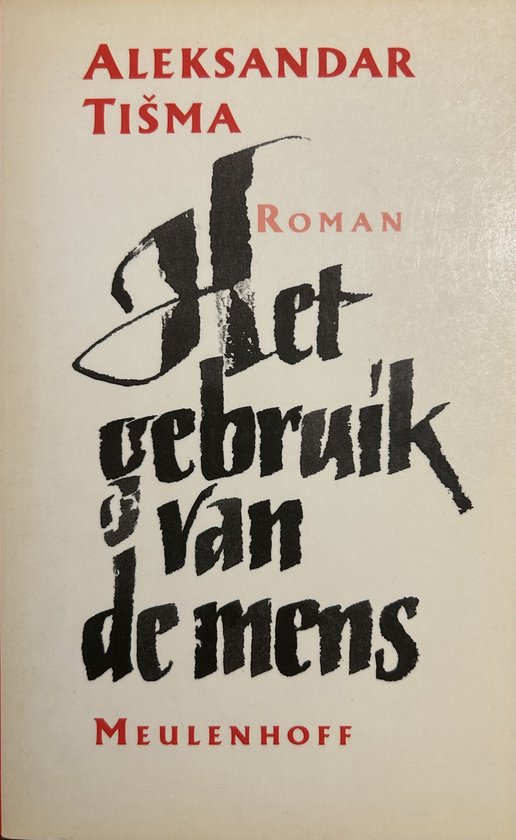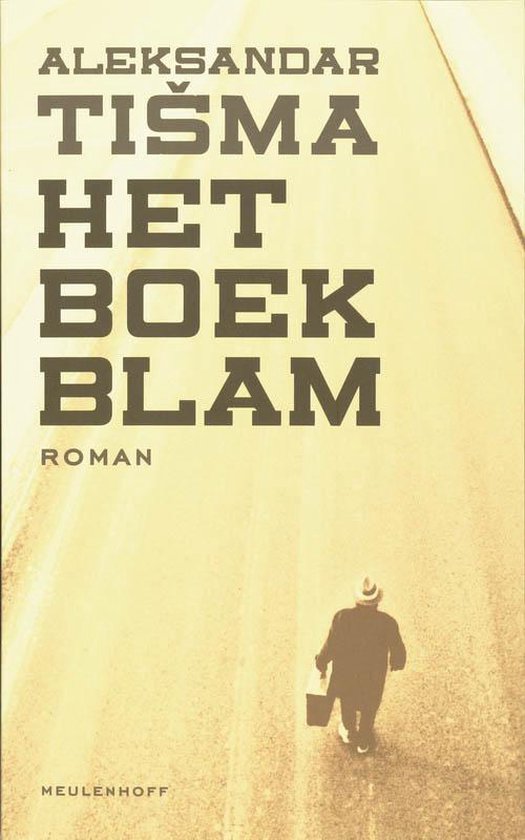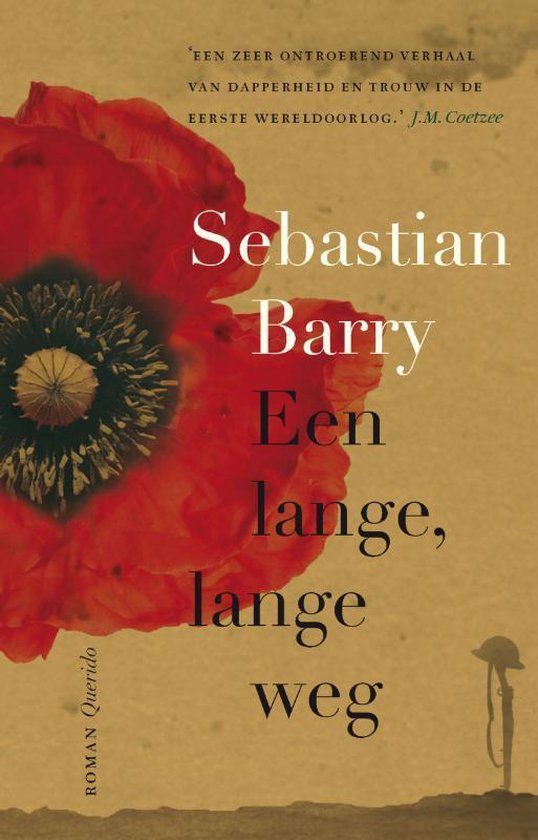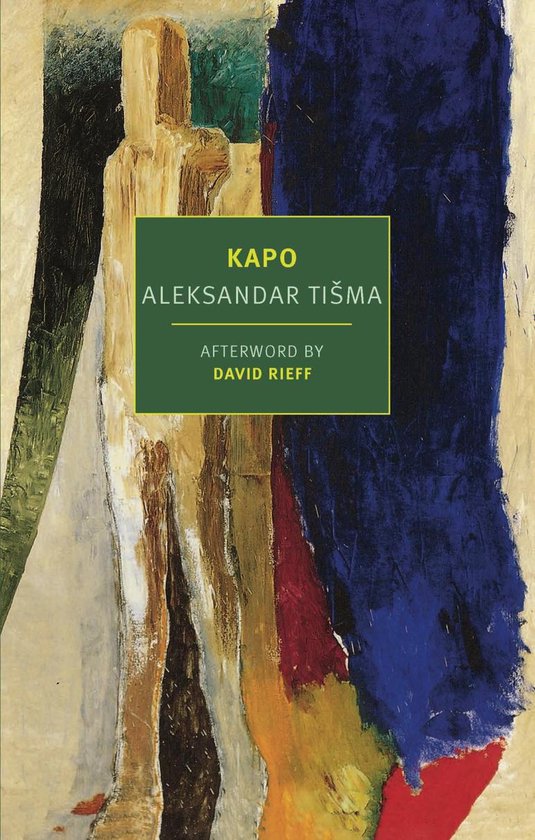
Kapo
A devastating novel about the attrocities of WWII, and the unspeakable things people did to survive, by one of Yugoslavia's great literary voices.
The Book of Blam, The Use of Man, Kapo: In these three unsparing novels the Yugoslav author Aleksandar Tišma anatomized the plight of those who survived the Second World War and the death camps, only to live on in a death-haunted world. Blam simply lucked outand can hardly face himself in the mirror. By contrast, the teenage friends in The Use of Man are condemned to live on and on while enduring every affliction. Kapo is about Lamian, who made it through Auschwitz by serving his German masters, knowing that at any moment and for any reason his special status might be revoked.
But the war is over now. Auschwitz is in the past. Lamian has settled down in the Bosnian town of Banja Luka, where he has a respectable job as a superintendent in the railyard. Everything is normal enough. Then one day in the paper he comes on the name of Helena Lifka, a womanlike him a Yugoslav and a Jewhe raped in the camp. Not long after he sees her, aged and ungainly, Lamian is flooded with guilt and terror.
Kapo, like Tišmas other great novels, is not simply a document or an act of witness. Tišmas terrible gift is to see with an artists dispassionate clarity how fear, violence, guilt, and desirewhether for life, love, or simple understandingare inextricably knotted together in the human breast.
The Book of Blam, The Use of Man, Kapo: In these three unsparing novels the Yugoslav author Aleksandar Tišma anatomized the plight of those who survived the Second World War and the death camps, only to live on in a death-haunted world. Blam simply lucked outand can hardly face himself in the mirror. By contrast, the teenage friends in The Use of Man are condemned to live on and on while enduring every affliction. Kapo is about Lamian, who made it through Auschwitz by serving his German masters, knowing that at any moment and for any reason his special status might be revoked.
But the war is over now. Auschwitz is in the past. Lamian has settled down in the Bosnian town of Banja Luka, where he has a respectable job as a superintendent in the railyard. Everything is normal enough. Then one day in the paper he comes on the name of Helena Lifka, a womanlike him a Yugoslav and a Jewhe raped in the camp. Not long after he sees her, aged and ungainly, Lamian is flooded with guilt and terror.
Kapo, like Tišmas other great novels, is not simply a document or an act of witness. Tišmas terrible gift is to see with an artists dispassionate clarity how fear, violence, guilt, and desirewhether for life, love, or simple understandingare inextricably knotted together in the human breast.
| Auteur | | Aleksander Tisma |
| Taal | | Engels |
| Type | | Paperback |
| Categorie | | Literatuur & Romans |
